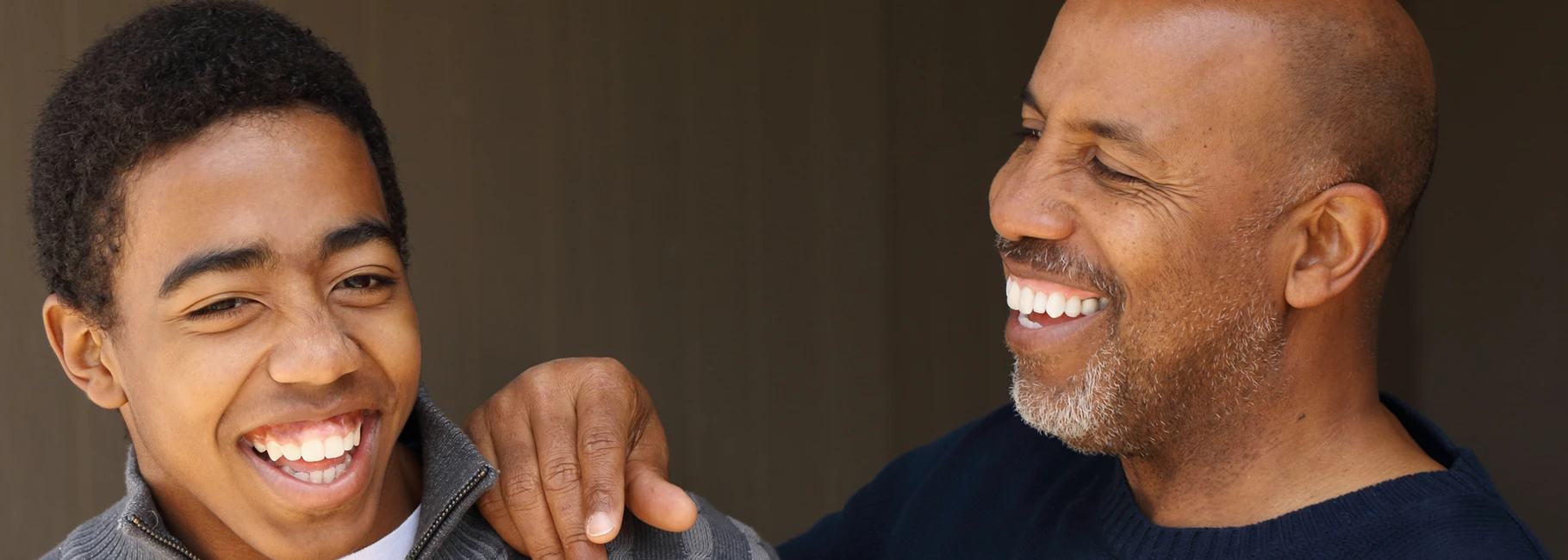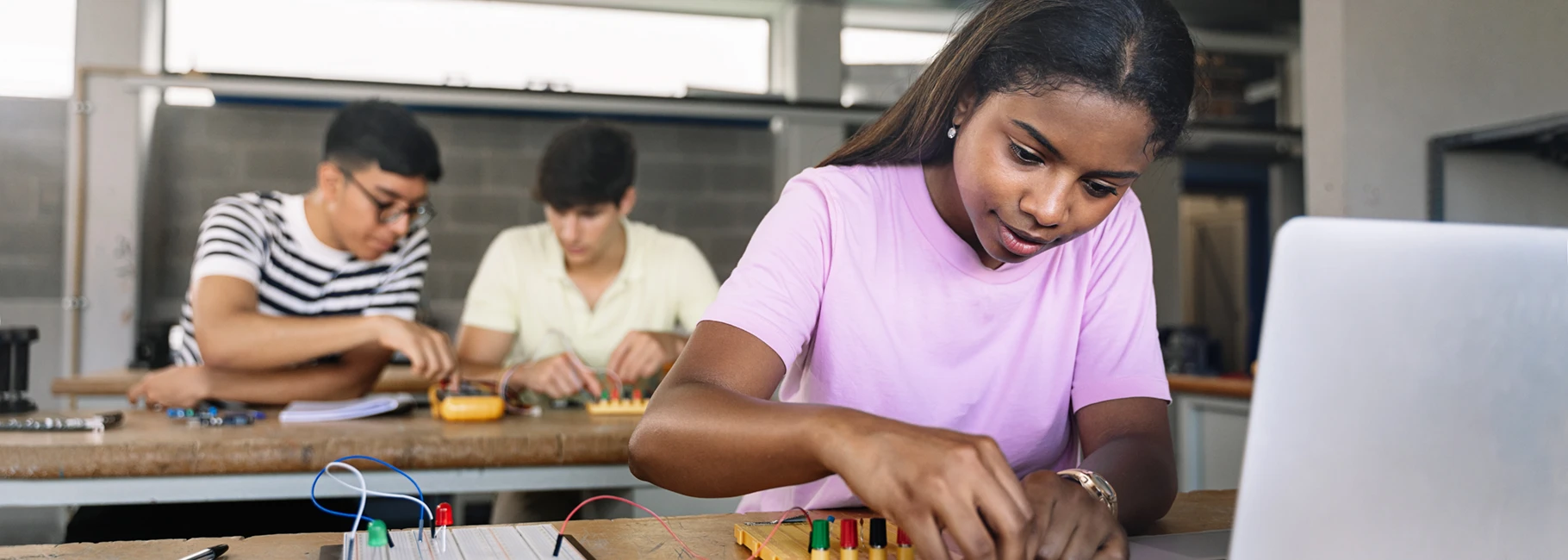From Confusion to Clarity: Narrowing Down Your Academic Interests
Do you have many different interests but struggle to see how they overlap? Is it hard to see the path forward? You’re not alone! Narrowing down your interests involves self-reflection. Taking the time to understand what truly excites and motivates you will help you make informed decisions that set the foundation for a fulfilling academic and career journey.









